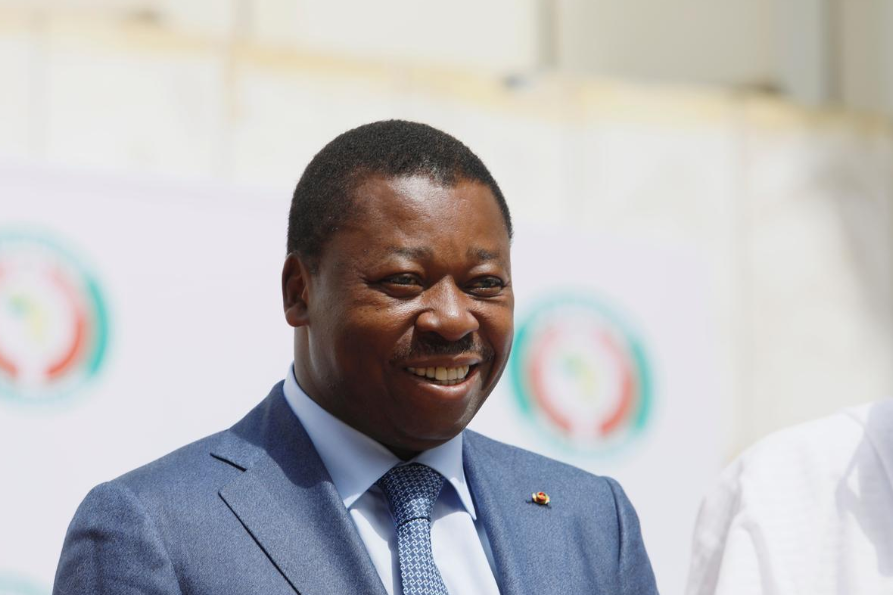
FILE PHOTO: President of Togo Faure Gnassingbe is seen during the ECOWAS Authority of Heads of State and Government 54th Ordinary Session in Abuja, Nigeria Dec 22, 2018. (Photo: Agencies)
Faure Gnassingbe, the incumbent president of Togo, has won re-election to a fourth term, according to the provisional results released on Monday by the Independent National Electoral Commission.
Gnassingbe got 72 percent of the vote in the first round of the Feb 22 presidential elections. He was followed by Agbeyome Kodjo, the former prime minister, who garnered 18 percent.
Gnassingbe, who has been the west African country's president since 2005, will extend his family's half-century of governing that began after his father, Gnassingbé Eyadéma, took power in a 1967 coup.
As people went to the polls on Saturday, there was high expectation that Gnassingbe would win. The president instituted constitutional reforms last year, allowing him to run again and potentially govern until 2030.
During his campaign, Gnassingbe, 53, who ran against six other candidates, promised to fight poverty and carry on with the reforms that have seen the country's economic growth reach 5 percent.
The African Development Bank projects Togo's economic growth to hit 5.3 percent by the end of the year and 5.5 percent in 2021, due to good agricultural performance and sound monetary management.
Some 3.6 million people had registered as voters at 9,000 polling stations across the country of eight million people.
One of the key challenges that Gnassingbe will have to grapple with in his next term is fighting poverty.
Despite the fact that Togo is among the world's top five producers of phosphates, its people are poor and almost entirely dependent on humanitarian foreign aid.
According to the Borgen Project, an NGO dedicated to fighting global poverty, nearly 81 percent of Togo's rural population live under the global poverty line, making Togo one of the world's poorest countries. The country however, has positive economic growth prospects.
The African Development Bank also termed increasing fiscal space and bank financing for sectors driving growth, as the key challenges facing the country's economy.
It suggests that 20 percent tax revenues of GDP must rise to fill infrastructure gaps, including energy, transport and, telecommunications, to finance sectors with high growth potential, like agroindustry, and to allocate more to strengthening human capital.
Additionally, increasing bank financing for sectors driving growth requires a systematic dialogue with public and private players.


